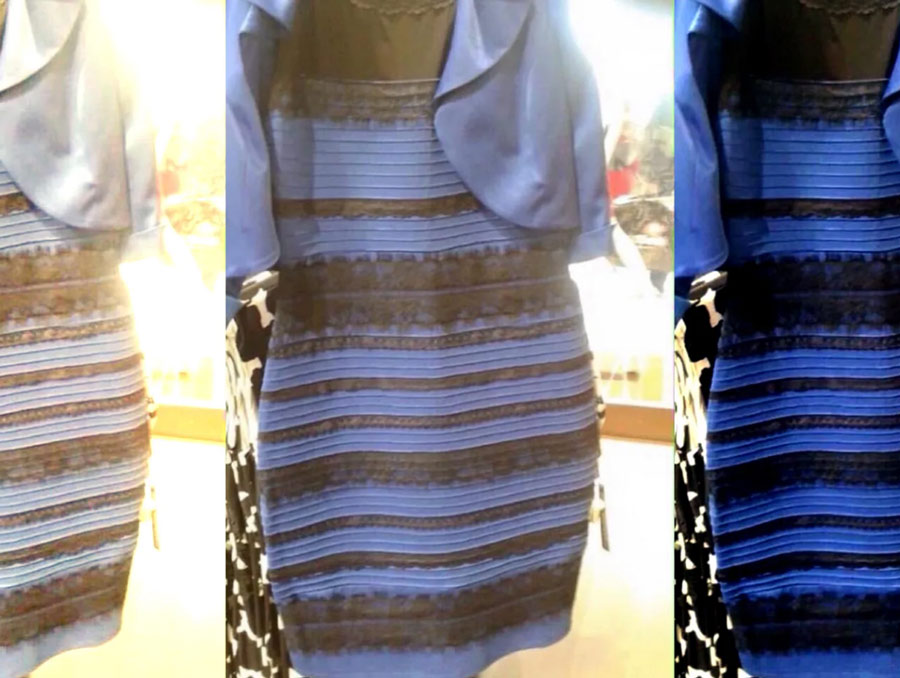The College of Science is offering a virtual Discover Science Lecture Series experience amidst the COVID-19 pandemic. The virtual Discover Science at Home lectures feature leading scientists in the College. Learn about exciting new research and groundbreaking science from the comfort of your own home.
“While we look forward to offering our traditional in-person lectures once safe to do so, the virtual series has been an exciting way to connect with anyone, anywhere interested in science and able to join us online,” Katherine McCall, acting dean of the College of Science said.
Calibrating vision
Foundation Professor of Psychology and Director of the University’s Center for Integrative Neuroscience (NIH COBRE award) Michael Webster will present his lecture titled “Calibrating Vision” on Thursday, April 29 at 7 p.m. Registration is required.
Like a camera, our visual system must constantly adjust its sensitivity to match the properties of the current visual environment. However, unlike a camera, in vision these adjustments occur for almost everything we see - from basic features like brightness and color to complex attributes like the expression on a face.
“Your vision - and all your senses - must adjust to the current world you are in,” Webster said. “To be able to see, we must get more sensitive to light when it's dark out and less sensitive when it's bright. The remarkable thing is that these adjustments don't occur just for simple things like brightness or color, but for almost every property that you can see.”
As a result of these complex visual adjustments, how each individual is currently perceiving the world is profoundly affected by the world that person is in. Any two people may see the same object or environment very differently (is the dress gold or is it blue?).
“If you and I live in different environments, for example, our vision will adapt in different ways so the same scenes would appear different,” Webster said. “Someone living in a forest probably experiences the color of the same object differently from someone living in a desert. Moreover, someone who is an expert with certain images (like a radiologist) may see patterns that most of us are blind to. Finally, even though it doesn't feel like it, all of perception is a guessing game, because the cues picked up by the senses are always ambiguous. Sometimes people make different guesses, as the arguments over the blue-black or white-gold dress revealed.”
In his lecture, Webster will illustrate the consequences of these visual adaptations and why, also, they tend to stay the same despite when you change (e.g. because of aging or disease).
“Our senses are remarkable, and still very mysterious,” Webster said. “Seeing feels so effortless that most people don't think about how it's possible, and we still have very little clue how it works. Understanding how the brain interprets the information provided by our sense organs is one of the most active areas of modern neuroscience, and we have many fantastic faculty and students at UNR working on this problem.”
About the Discover Science Lecture Series
The Discover Science Lecture Series was founded by the College of Science in 2010, with the goal of bringing the country's top scientists to the University to share their knowledge, research and wisdom with the community.
Past speakers in the series include astrophysicists Michio Kaku and Neil deGrasse Tyson; Robert Ballard, who discovered the wreck of the Titanic; and Bill Nye the Science Guy.












